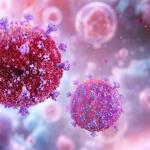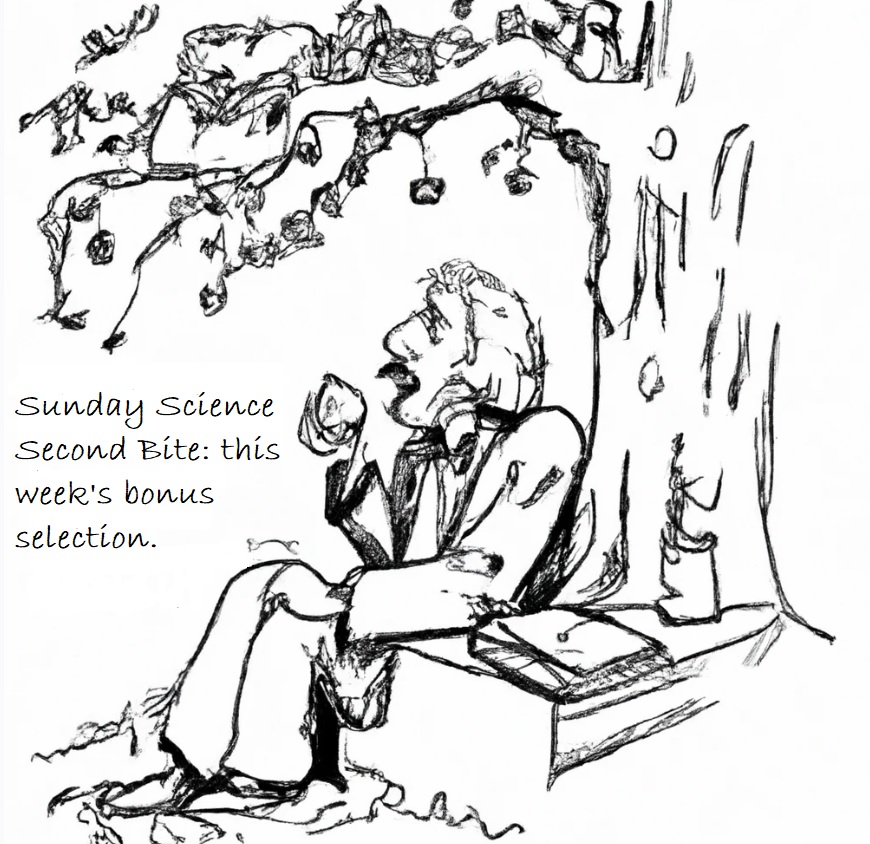Sunday Science: Breakthrough in Search for HIV Cure Leaves Researchers ‘Overwhelmed’

A cure for HIV could be a step closer after researchers found a new way to force the virus out of hiding inside human cells.
The virus’s ability to conceal itself inside certain white blood cells has been one of the main challenges for scientists looking for a cure. It means there is a reservoir of the HIV in the body, capable of reactivation, that neither the immune system nor drugs can tackle.
Now researchers from the Peter Doherty Institute for Infection and Immunity in Melbourne, have demonstrated a way to make the virus visible, paving the way to fully clear it from the body.
It is based on mRNA technology, which came to prominence during the Covid-19 pandemic when it was used in vaccines made by Moderna and Pfizer/BioNTech.
In a paper published in Nature Communications, the researchers have shown for the first time that mRNA can be delivered into the cells where HIV is hiding, by encasing it in a tiny, specially formulated fat bubble. The mRNA then instructs the cells to reveal the virus.
Globally, there are almost 40 million people living with HIV, who must take medication for the rest of their lives in order to suppress the virus and ensure they do not develop symptoms or transmit it. For many it remains deadly, with UNAids figures suggesting one person died of HIV every minute in 2023.
It was “previously thought impossible” to deliver mRNA to the type of white blood cell that is home to HIV, said Dr Paula Cevaal, research fellow at the Doherty Institute and co-first author of the study, because those cells did not take up the fat bubbles, or lipid nanoparticles (LNPs), used to carry it.
The team have developed a new type of LNP that those cells will accept, known as LNP X. She said: “Our hope is that this new nanoparticle design could be a new pathway to an HIV cure.”
When a colleague first presented test results at the lab’s weekly meeting, Cevaal said, they seemed too good to be true.
“We sent her back into the lab to repeat it, and she came back the next week with results that were equally good. So we had to believe it. And of course, since then, we’ve repeated it many, many, many more times.
“We were overwhelmed by how [much of a] night and day difference it was – from not working before, and then all of a sudden it was working. And all of us were just sitting gasping like, ‘wow’.”
Further research will be needed to determine whether revealing the virus is enough to allow the body’s immune system to deal with it, or whether the technology will need to be combined with other therapies to eliminate HIV from the body.
The study is laboratory based and was carried out in cells donated by HIV patients. The path to using the technology as part of a cure for patients is long, and would require successful tests in animals followed by safety trials in humans, likely to take years, before efficacy trials could even begin.
“In the field of biomedicine, many things eventually don’t make it into the clinic – that is the unfortunate truth; I don’t want to paint a prettier picture than what is the reality,” stressed Cevaal. “But in terms of specifically the field of HIV cure, we have never seen anything close to as good as what we are seeing, in terms of how well we are able to reveal this virus.
“So from that point of view, we’re very hopeful that we are also able to see this type of response in an animal, and that we could eventually do this in humans.”
Dr Michael Roche of the University of Melbourne and co-senior author of the research, said the discovery could have broader implications beyond HIV, with the relevant white blood cells also involved in other diseases including cancers.
Dr Jonathan Stoye, a retrovirologist and emeritus scientist at the Francis Crick Institute, who was not involved in the study, said the approach taken by the Melbourne team appeared be a major advance on existing strategies to force the virus out of hiding, but further studies would be needed to determine how best to kill it after that.
He added: “Ultimately, one big unknown remains. Do you need to eliminate the entire reservoir for success or just the major part? If just 10% of the latent reservoir survives will that be sufficient to seed new infection? Only time will tell.
“However, that does not detract from the significance of the current study, which represents a major potential advance in delivery of mRNA for therapeutic purposes to blood cells.”
Prof Tomáš Hanke of the Jenner Institute, University of Oxford, disputed the idea that getting RNA into white blood cells had been a significant challenge. He said the hope that all cells in the body where HIV was hiding could be reached in this way was “merely a dream”.
[Portside moderator - Related:
Trump Administration's Vaccines Announcements Have Many Health Experts Alarmed
Rob Stein
Heard on All Things Considered (NPR)
May 29, 2025]
Kat Lay is the Guardian's global health correspondent
Why you can rely on the Guardian not to bow to Trump – or anyone
I hope you appreciated this article. Before you move on, I wanted to ask whether you could support the Guardian’s journalism as we face the unprecedented challenges of covering this administration.
As Trump himself observed: “The first term, everybody was fighting me. In this term, everybody wants to be my friend.”
He’s not entirely wrong. Already, several large corporate-owned news organizations have settled multimillion-dollar lawsuits with the president in order to protect their business interests. Meanwhile, billionaires have intervened editorially in the news outlets they own to limit potentially unfavorable coverage of the president.
The Guardian is different: we have no interest in being Donald Trump’s – or any politician’s – friend. Our allegiance as independent journalists is not to those in power but to the public. Whatever happens in the coming months and years, you can rely on the Guardian never to bow down to power, nor back down from truth.
How are we able to stand firm in the face of intimidation and threats? As journalists say: follow the money. The Guardian has neither a self-interested billionaire owner nor profit-seeking corporate henchmen pressuring us to appease the rich and powerful. We are funded by our readers and owned by the Scott Trust – whose only financial obligation is to preserve our journalistic mission in perpetuity.
What’s more, in a time of rising, democracy-threatening misinformation, we make our fiercely independent journalism free to all, with no paywall – so that everyone in the US can have access to responsible, fact-based news.
With the administration already cracking down on free speech, banning reporters from the Oval Office, and the president and his allies pursuing lawsuits against news outlets whose stories they don’t like, it has never been more urgent, or more perilous, to pursue fair, accurate reporting. Can you support the Guardian today?
We value whatever you can spare, but a recurring contribution makes the most impact, enabling greater investment in our most crucial, fearless journalism. As our thanks to you, we can offer you some great benefits – including seeing far fewer fundraising messages like this. We’ve made it very quick to set up, so we hope you’ll consider it. Thank you.
Betsy Reed, Editor, Guardian US

Watch a Robot Play Badminton Against Human Players
Jenna Ahart
Science
Advanced training lets a four-legged robot learn to move around the court with ease
28 May 20252:00 PM
